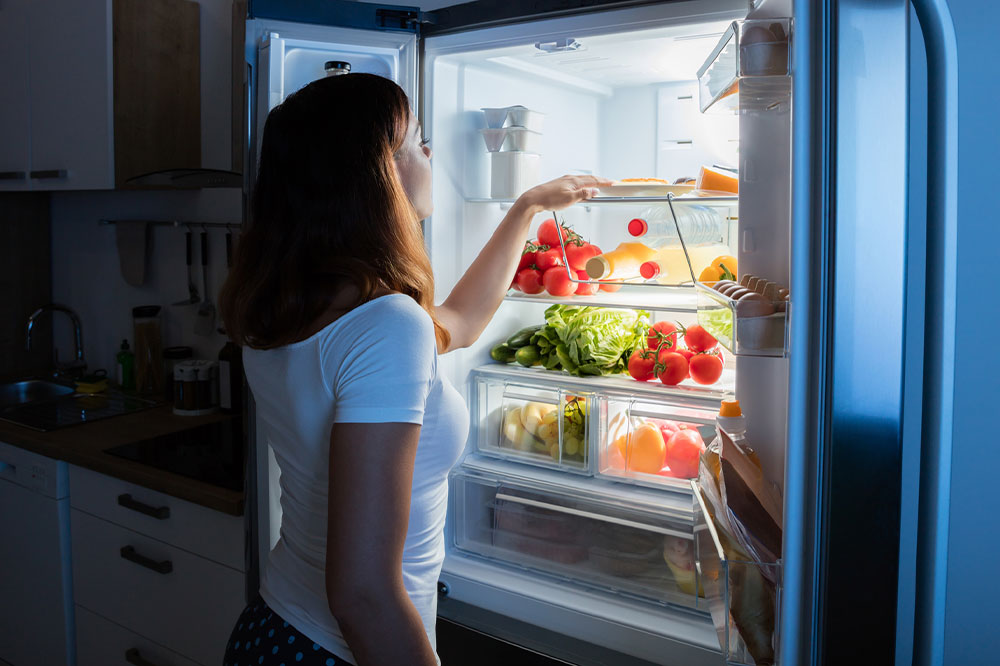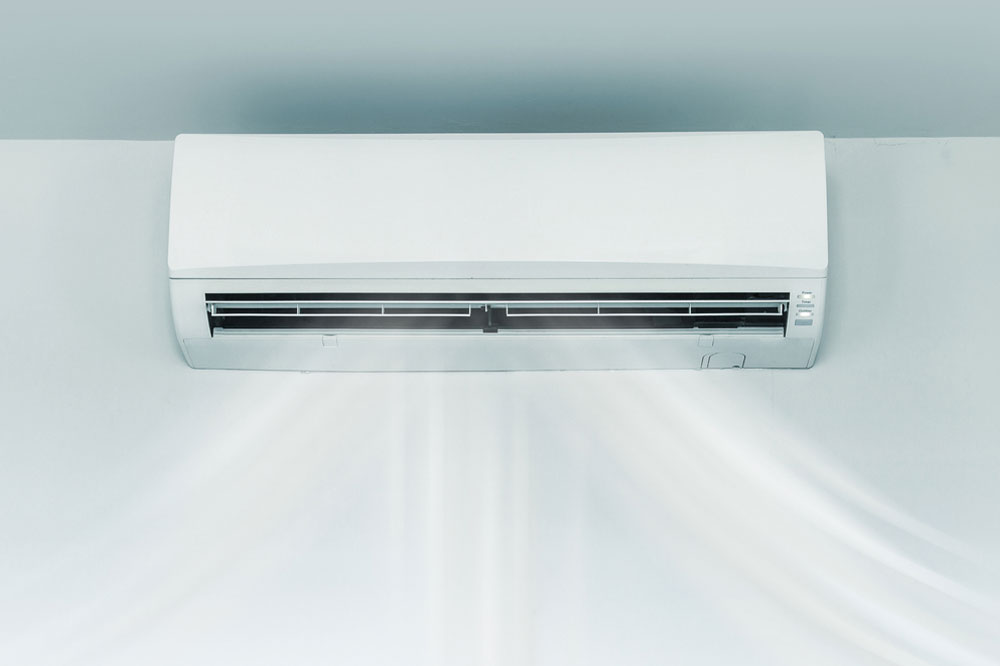Environmental Impact of Refrigerators and Sustainable Alternatives
Refrigerators, vital for modern life, impact the environment through energy consumption and refrigerant emissions. Transitioning to natural refrigerants like CO2 and hydrocarbons offers a more sustainable solution, despite some challenges. Conscious buying and proper disposal can help reduce their ecological footprint.
Sponsored

Refrigerators are essential household appliances, keeping our food fresh and beverages cold. Yet, they significantly contribute to environmental degradation due to their high energy usage and refrigerant emissions. Modern refrigerators rely on coolant substances that undergo a continuous cycle, releasing heat outside and consuming considerable electricity. Historically, CFCs severely damaged the ozone layer, leading to the adoption of less harmful refrigerants like HFCs and HCFCs, which still emit greenhouse gases. While efforts are underway to replace these with natural refrigerants such as ammonia, hydrocarbons, and CO2, challenges regarding efficiency and safety remain. Consumers are encouraged to choose eco-friendly models and dispose of appliances responsibly to minimize environmental harm.





